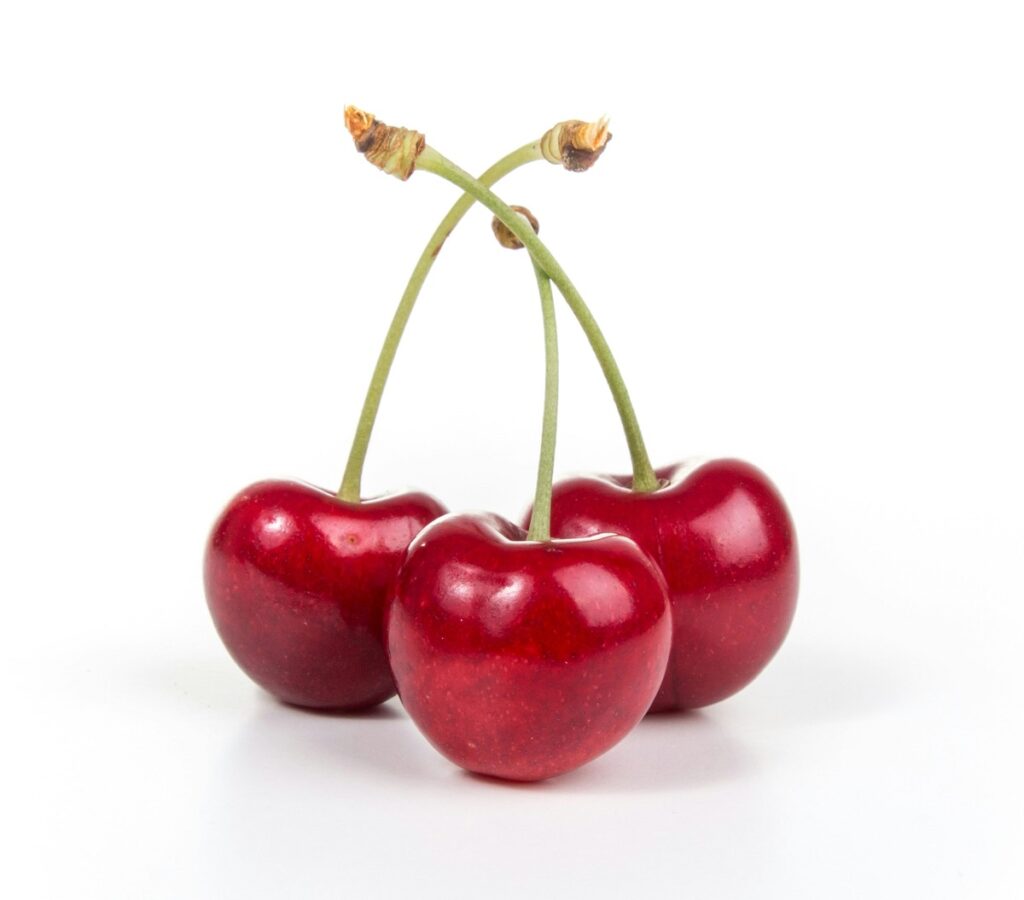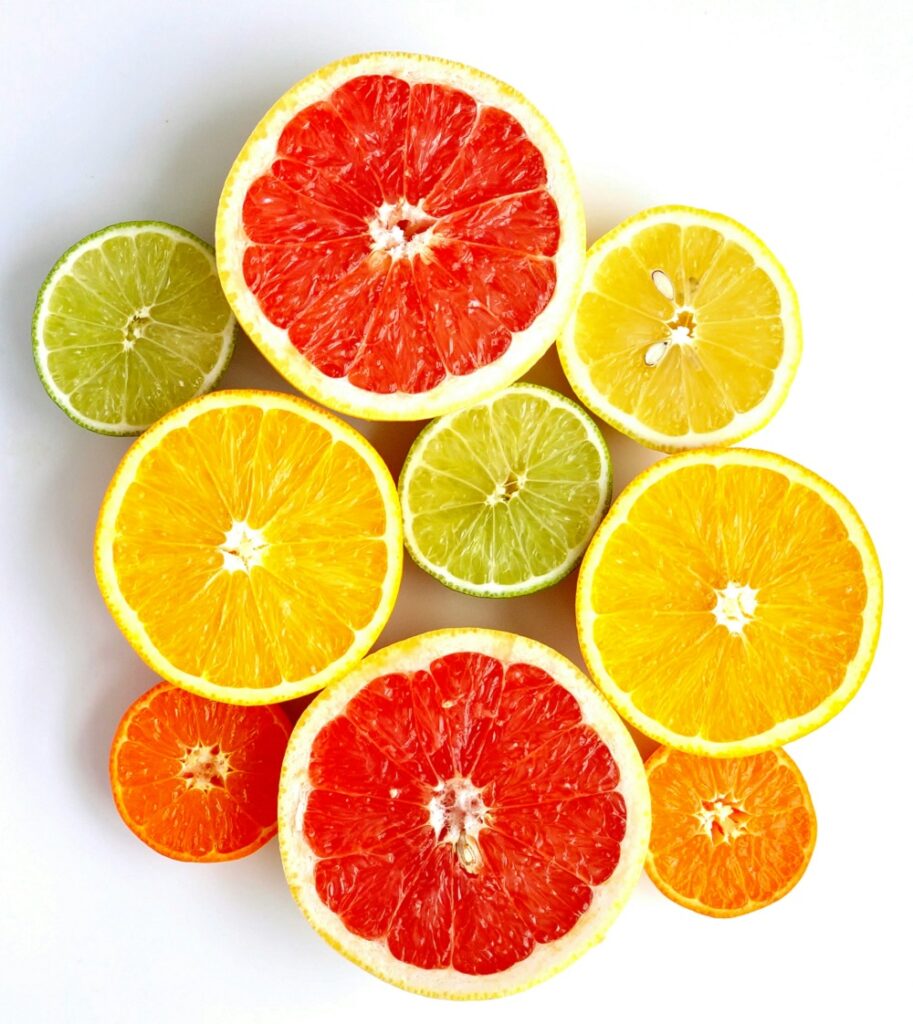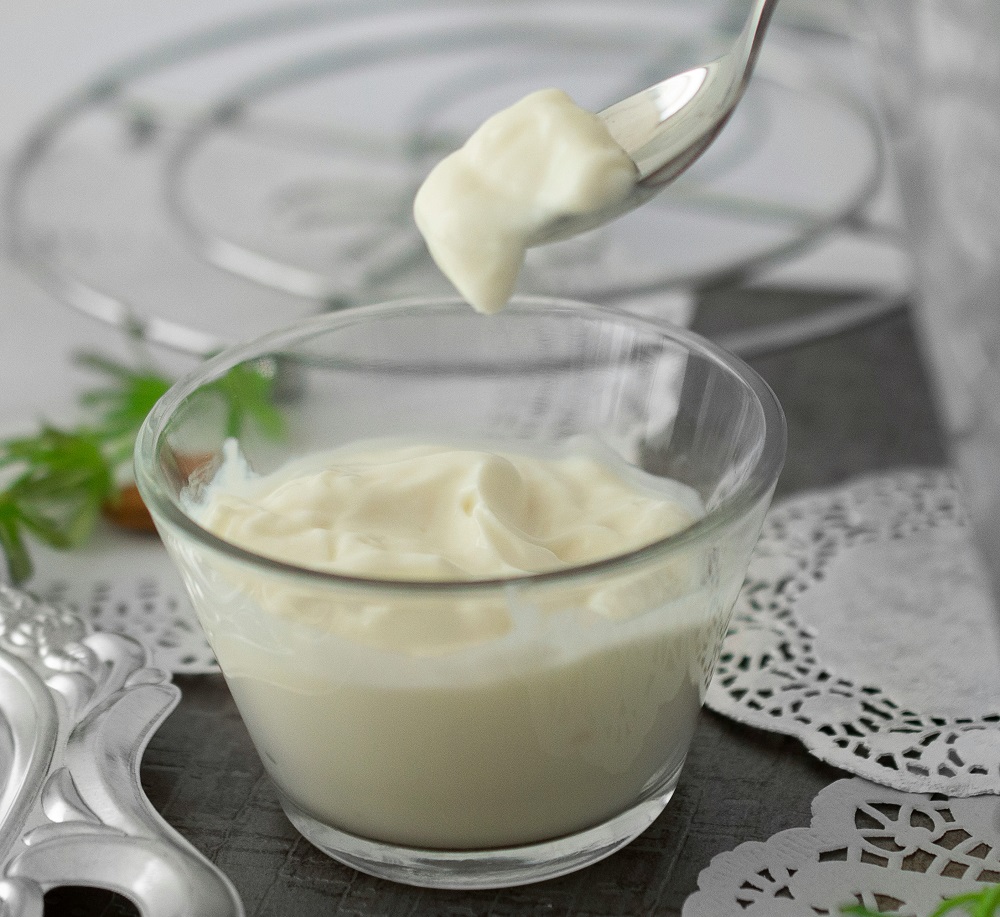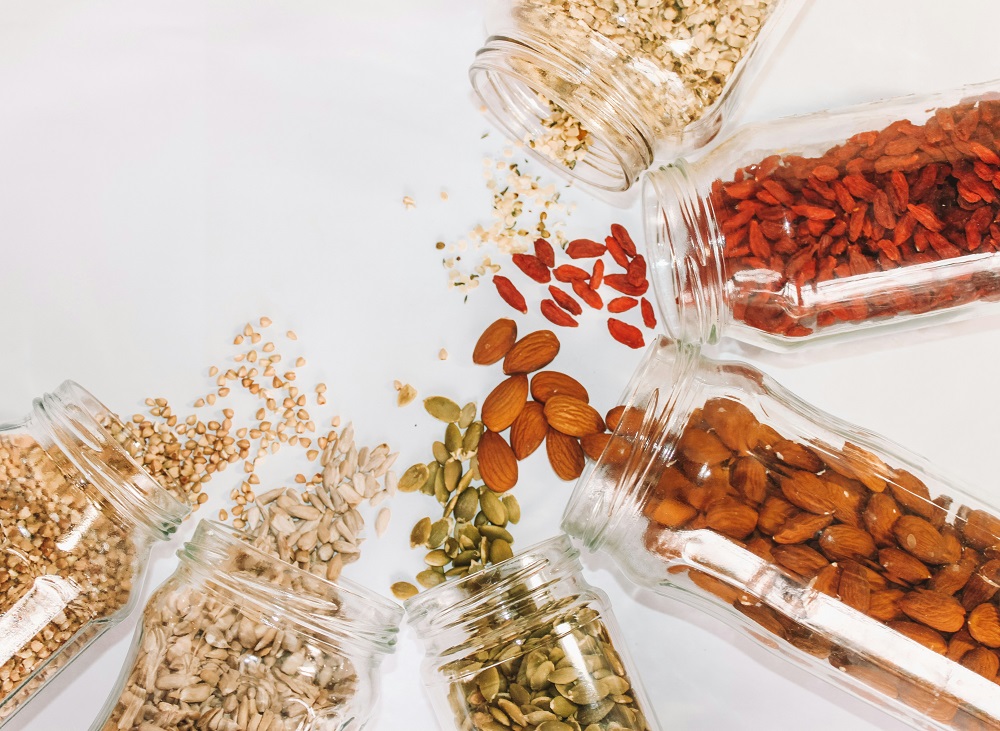Uric acid, a natural waste product formed from the breakdown of purines in our food, plays a significant role in our health when it builds up excessively in the body. High uric acid levels can lead to a condition known as hyperuricemia, which, if left unmanaged, can result in gout—a painful form of arthritis characterized by sudden, intense pain, swelling, and redness in the joints. Elevated uric acid levels may also increase the risk of kidney stones and heart disease, making it crucial to find effective ways to manage and control this compound.
While medications can certainly help reduce uric acid levels, adopting a healthy, well-balanced diet can be an equally powerful strategy to keep uric acid under control. By incorporating the right foods into your daily meals, you can naturally support your body’s ability to regulate uric acid levels. In particular, certain foods have been shown to reduce uric acid production, enhance its excretion, and reduce inflammation associated with high uric acid, providing relief to those suffering from gout or other related conditions.
Accordingly Mohit Tandon from Illinois, 10 foods that can help reduce uric acid levels and promote overall joint health, such as cherries, citrus fruits, green tea, low-fat dairy, and more. By making these foods a part of your daily routine, you can not only lower your risk of gout attacks but also improve your general health and well-being.
1. Cherries: The Natural Anti-Inflammatory Powerhouse
Cherries are often hailed as one of nature’s most powerful anti-inflammatory fruits, especially when it comes to managing uric acid levels. Whether sweet or tart, cherries are packed with compounds called anthocyanins — natural pigments responsible for their deep red color — which have been shown to possess anti-inflammatory and antioxidant properties. These compounds may help to reduce the frequency and intensity of gout attacks, which are directly caused by elevated uric acid levels in the blood.
When uric acid builds up, it can form sharp crystals in joints, leading to the sudden, intense pain associated with gout. Cherries can play a significant role in countering this buildup by both lowering serum uric acid and reducing inflammation. Multiple studies have suggested that people who consume cherries regularly are less likely to experience gout attacks. One notable study published in Arthritis & Rheumatism found that consuming cherries over a two-day period was associated with a 35% lower risk of gout attacks compared to not eating them.
Fresh cherries are ideal during their summer season, but frozen and unsweetened dried cherries, as well as cherry juice, are great alternatives when fresh ones are not available. For maximum benefit, it’s recommended to consume about 10–15 cherries per day or drink a small glass of tart cherry juice. The key is consistency; regularly including cherries in your diet can be a simple yet effective strategy for naturally managing uric acid levels. They also make a delicious snack or dessert component, offering a healthy alternative to high-purine or processed foods that can aggravate gout. – Mohit Tandon Illinois

2. Citrus Fruits: Vitamin C-Rich Boosters for Uric Acid Reduction
Citrus fruits—such as oranges, lemons, limes, grapefruits, and tangerines—are among the most effective foods for helping to lower uric acid levels naturally. The key nutrient responsible for this benefit is vitamin C, a powerful antioxidant that plays a crucial role in overall metabolic function. Numerous studies have shown that vitamin C can significantly reduce serum uric acid by increasing its excretion through the kidneys. This makes citrus fruits not only beneficial for immune health and skin vitality but also an important dietary strategy for those struggling with gout or hyperuricemia.
Vitamin C works by enhancing the kidneys’ ability to filter and expel uric acid through the urine. Over time, this contributes to a gradual reduction in the amount of uric acid circulating in the bloodstream. Unlike certain medications, citrus fruits offer a natural, side-effect-free way to manage uric acid—especially valuable for people looking to reduce reliance on pharmaceuticals or adopt a more holistic approach to their health.
Adding citrus fruits to your daily meals is easy and versatile. A glass of warm lemon water in the morning not only supports digestion but also stimulates the liver and kidneys, promoting detoxification. Oranges can be enjoyed fresh, juiced, or tossed into salads, while grapefruit can be a refreshing breakfast option or midday snack. However, people on certain medications, like statins, should consult a doctor before consuming grapefruit regularly due to potential interactions.
Overall, including citrus fruits in your diet not only contributes to uric acid management but also provides a rich supply of hydration, fiber, and flavonoids—compounds that combat oxidative stress and inflammation. Their refreshing taste and wide availability make them an easy, year-round choice for enhancing health while keeping uric acid in check.

3. Green Tea: A Soothing Elixir for Uric Acid Control and Kidney Health
Green tea, long revered in Eastern traditions for its medicinal properties, has become a globally recognized health drink—and for good reason. When it comes to managing uric acid levels, green tea serves as a gentle yet effective remedy, working quietly behind the scenes to support kidney function, promote detoxification, and reduce inflammation. At the heart of green tea’s effectiveness are a group of antioxidants called catechins, particularly epigallocatechin gallate (EGCG), which have been linked to various health benefits, including better metabolic regulation and anti-inflammatory action.
Elevated uric acid levels are often associated with decreased kidney efficiency, which can lead to poor excretion of waste products. Green tea assists in optimizing renal function by supporting the kidneys’ natural filtration processes, thereby enhancing the removal of excess uric acid from the body. It also has mild diuretic properties, which help encourage urination and further assist in flushing out uric acid.
What sets green tea apart is its versatility and accessibility. A warm cup in the morning or afternoon can be both energizing and healing. It is low in calories, caffeine (compared to coffee), and contains no purines—compounds found in many protein-rich foods that break down into uric acid. As such, green tea can be safely consumed by individuals who are sensitive to purines or those looking to reduce their intake.
Regular consumption of green tea has also been associated with lower levels of inflammation in the body, which is critical for individuals suffering from gout, as gout flares are driven by an inflammatory response to uric acid crystals. Incorporating 2–3 cups of unsweetened green tea into your daily routine can be a proactive way to support your body’s ability to manage uric acid naturally, while also reaping other health benefits such as improved focus, better digestion, and reduced risk of chronic diseases.

4. Low-Fat Dairy Products: A Safe Protein Source That Supports Uric Acid Elimination
For those dealing with high uric acid levels or recurring gout attacks, protein intake often becomes a dietary concern. Many high-protein animal products are also high in purines, which are metabolized into uric acid in the body. Fortunately, low-fat dairy products—such as skim milk, low-fat yogurt, and cottage cheese—offer a rich source of protein that’s low in purines and shown to actively support uric acid excretion.
Numerous studies have found a correlation between increased low-fat dairy consumption and decreased serum uric acid levels. One of the primary mechanisms behind this benefit is the uricosuric effect of dairy proteins like casein and lactalbumin. These proteins appear to enhance the kidney’s ability to expel uric acid through the urine, helping the body maintain healthier levels. In fact, the U.S. National Institutes of Health recommend low-fat dairy as a staple for people managing gout, due to its uric acid-lowering benefits.
Low-fat dairy also contributes to joint and bone health by providing a significant amount of calcium, vitamin D, and probiotics—the latter of which can support digestive health and potentially reduce systemic inflammation. Choosing yogurt with live active cultures may also promote gut balance, which is increasingly linked to overall metabolic function and immune regulation.
Incorporating low-fat dairy into your daily meals can be simple and enjoyable. Add low-fat milk to your morning oats or smoothies, use Greek yogurt as a creamy base for dressings and dips, or enjoy a bowl of curd (plain yogurt) with fruit as a midday snack. For those who are lactose intolerant, lactose-free dairy options still retain many of these beneficial properties.
It’s important to avoid full-fat dairy or processed cheese products, which can be high in saturated fats and sodium—two dietary factors that may contribute to inflammation and worsen symptoms for some individuals. By making low-fat dairy a consistent part of your diet, you not only support uric acid management but also provide your body with clean, high-quality nutrition essential for long-term health.

5. Whole Grains: Fiber-Filled Allies in the Fight Against High Uric Acid
Whole grains often don’t get enough credit when it comes to their impact on metabolic health, but they play a powerful role in supporting balanced uric acid levels. Foods like brown rice, quinoa, oats, whole wheat, bulgur, barley, and millet are rich in dietary fiber, B vitamins, minerals like magnesium, and a host of plant compounds that support kidney function, digestion, and overall metabolic efficiency.
One of the key advantages of whole grains is their high fiber content, especially insoluble fiber. This type of fiber helps regulate blood sugar and insulin levels, both of which are indirectly related to uric acid buildup. When blood sugar levels spike frequently, it can impair kidney function and make it harder for the body to eliminate uric acid efficiently. By stabilizing blood sugar and slowing digestion, whole grains ease the burden on the kidneys, encouraging a more efficient excretion of waste products, including uric acid.
In contrast to refined grains, which are stripped of their nutrient-dense bran and germ, whole grains retain all parts of the grain kernel. This not only enhances their nutritional profile but also helps maintain a feeling of fullness, which can reduce overeating—a common trigger for gout flare-ups. Maintaining a healthy weight is particularly important for managing uric acid levels, as obesity is one of the strongest risk factors for hyperuricemia.
Moreover, some studies have suggested that diets high in whole grains are associated with lower inflammation markers in the body, which is crucial for people managing gout or other inflammatory conditions. Whole grains are also naturally low in purines, making them a safe carbohydrate source for those watching their uric acid intake.
To include more whole grains in your diet, try swapping white rice with brown rice or quinoa, choosing whole wheat pasta or bread, and using oats instead of processed cereals for breakfast. With their robust flavor and satisfying texture, whole grains offer not only a uric acid-friendly option but also a delicious one that supports long-term health and satiety.

6. Nuts and Seeds: Nutrient-Dense, Low-Purine Foods to Help Balance Uric Acid Levels
Nuts and seeds are often overlooked in conversations about managing uric acid levels, but they are a fantastic dietary addition for anyone looking to maintain healthy levels. These nutrient-dense foods are not only low in purines, the compounds that contribute to uric acid buildup, but they are also packed with healthy fats, proteins, fiber, vitamins, and minerals. Almonds, walnuts, flaxseeds, chia seeds, and sunflower seeds are some of the best choices for individuals managing their uric acid levels, offering a wealth of benefits without the risks associated with purine-rich animal products.
What makes nuts and seeds particularly beneficial for reducing uric acid levels is their high content of healthy fats—especially omega-3 fatty acids. Omega-3s are well-known for their anti-inflammatory properties, helping to reduce the pain and swelling associated with gout and other inflammatory conditions. By reducing overall inflammation, omega-3-rich nuts and seeds can alleviate some of the discomfort that high uric acid levels can cause.
In addition to omega-3s, nuts and seeds contain an impressive array of micronutrients, including magnesium, vitamin E, zinc, and antioxidants. These nutrients contribute to kidney health by supporting the body’s natural detoxification processes, which are crucial for excreting excess uric acid. Magnesium, for instance, is known to help regulate both blood pressure and glucose metabolism, both of which are important factors in maintaining uric acid balance.
Nuts and seeds are also excellent sources of plant-based protein. Unlike animal proteins, which are often high in purines, nuts and seeds provide protein without the risk of exacerbating high uric acid levels. Including a variety of these foods in your diet can help ensure you get a good balance of fats and proteins without overwhelming your body with purines.
Snack on a handful of almonds or walnuts, sprinkle flaxseeds or chia seeds on your morning smoothie, or add sunflower seeds to your salads. Not only do they help balance uric acid, but they also offer a satisfying crunch and boost of nutrition. When it comes to managing gout or high uric acid, nuts and seeds are an excellent, flavorful, and filling choice. – Mohit Tandon Illinois

7. Leafy Greens: Nutrient-Rich, Low-Purine Vegetables for Uric Acid Control
Leafy greens are perhaps one of the most accessible and versatile food groups when it comes to managing high uric acid levels, and they should be a cornerstone of any diet focused on improving uric acid balance. Vegetables such as spinach, kale, Swiss chard, collard greens, and lettuce are all rich in vital nutrients while being naturally low in purines, the compounds responsible for increasing uric acid levels in the body. As a result, leafy greens provide a healthy, anti-inflammatory, and purine-free alternative to purine-heavy animal products, making them an ideal choice for people prone to gout or hyperuricemia.
One of the most significant benefits of leafy greens is their high fiber content, which aids digestion and helps maintain healthy blood sugar levels. By keeping blood sugar stable, these vegetables support kidney function, which plays a central role in filtering out excess uric acid from the bloodstream. Additionally, leafy greens are rich in vitamins A, C, and K, all of which have been shown to support immune health and reduce inflammation. Vitamin C, in particular, is known to help the kidneys eliminate uric acid, and it may also help reduce the frequency of gout attacks by converting uric acid into a more easily excretable form.
Kale, spinach, and Swiss chard are also rich in magnesium, which plays a vital role in regulating muscle function and supporting the kidneys in the detoxification process. The magnesium in leafy greens can enhance uric acid excretion, helping to lower levels over time. For those concerned about purines, spinach and kale are low enough in purines to be safely included in the diet, though moderation is key with certain leafy greens like spinach, as they do contain moderate levels of purines.
Incorporating leafy greens into your diet is easy and delicious. Add them to salads, smoothies, or sautés, or simply enjoy them steamed as a side dish. You can also make kale chips or blend spinach into soups for added nutritional value. Not only will leafy greens help keep your uric acid levels in check, but they’ll also provide a variety of health benefits, from improved digestion to stronger bones and better cardiovascular health.

8. Water: Hydration’s Crucial Role in Uric Acid Elimination
When it comes to managing high uric acid levels, staying well-hydrated is one of the most effective—and often overlooked—strategies. Drinking enough water plays a crucial role in supporting the kidneys, the organs responsible for filtering out uric acid from the bloodstream. Water helps the body stay well-hydrated, allowing the kidneys to work most efficiently by flushing out waste products through urine. By staying hydrated, you encourage the kidneys to excrete excess uric acid before it can form painful crystals in the joints.
Dehydration, on the other hand, can lead to higher concentrations of uric acid in the blood, increasing the risk of gout attacks. This is because when the body is dehydrated, the kidneys are less able to eliminate waste products, including uric acid. The buildup of uric acid leads to the formation of sharp crystals in the joints, which can cause severe pain and swelling.
To avoid dehydration and support uric acid elimination, it’s essential to drink plenty of water throughout the day—aiming for at least 8 glasses (about 2 liters), although this amount may vary depending on factors like activity level and climate. While other fluids, like herbal teas, can contribute to hydration, water remains the most effective and natural way to ensure your kidneys are functioning optimally.
Water is a particularly helpful ally in the prevention of gout, as it encourages the excretion of uric acid in its soluble form, rather than allowing it to crystallize. Regular water intake also helps maintain the body’s overall balance of electrolytes, which is important for maintaining healthy blood pressure and kidney function. A simple habit of drinking water consistently, particularly after meals, can go a long way in managing uric acid levels and preventing gout attacks.

9. Coffee: The Surprising Gout Protector in Your Cup
For many, coffee is an essential part of daily life, but beyond its invigorating effects, it may also offer health benefits for people managing high uric acid levels. Caffeine, the active ingredient in coffee, has been linked to a reduced risk of gout and high uric acid levels, particularly in those who drink moderate amounts regularly. Research has suggested that coffee, both caffeinated and decaffeinated, may help lower serum uric acid levels by increasing uric acid excretion through the kidneys.
Unlike sugary soft drinks or alcohol, which are known to raise uric acid levels, coffee appears to have the opposite effect. One study published in the Archives of Internal Medicine found that individuals who consumed more than two cups of coffee per day had a significantly lower risk of developing gout compared to those who drank none. Experts believe this effect comes from the caffeine and other antioxidants in coffee, which may work together to promote kidney health and enhance the body’s ability to clear uric acid.
It’s important to note that moderation is key when it comes to coffee consumption. Too much caffeine can have negative effects, such as increasing heart rate or contributing to digestive issues, so it’s best to keep consumption to 1–3 cups per day. Furthermore, those with other health conditions, such as hypertension or heart disease, should consult with a healthcare provider to determine how much coffee is safe for them.
Coffee is also a source of powerful antioxidants that combat oxidative stress and inflammation in the body, two processes that are central to gout and other metabolic disorders. So, not only can coffee help with uric acid reduction, but it can also offer broader health benefits, including improved brain function, reduced risk of type 2 diabetes, and enhanced liver health.

10. Berries: Antioxidant-Rich Fruits to Help Lower Uric Acid Levels
Berries such as strawberries, blueberries, raspberries, and blackberries are not only delicious and vibrant additions to your diet but also powerful allies in managing high uric acid levels. These fruits naturally contain high levels of vitamin C, an essential nutrient that helps lower uric acid concentrations in the blood. Vitamin C works by aiding the body in the excretion of uric acid through urine, which helps prevent the formation of crystals in the joints and reduces the likelihood of painful gout flare-ups.
In addition to vitamin C, berries are rich in antioxidants, particularly flavonoids and anthocyanins, which help reduce oxidative stress and inflammation. These antioxidants help protect the body from free radicals and can prevent the inflammatory responses triggered by uric acid buildup. By reducing inflammation, berries can alleviate some of the pain and discomfort associated with gout.
Berries are also naturally low in purines, making them an ideal fruit for individuals with elevated uric acid levels. Incorporating a variety of berries into your daily diet can be simple and enjoyable—add them to smoothies, yogurt, or oatmeal, or simply enjoy them as a healthy snack.
In addition to their uric acid-lowering properties, berries are low in calories and high in dietary fiber, which can help with weight management. Since obesity is a major risk factor for gout, maintaining a healthy weight is key in managing uric acid levels, and berries offer a sweet and satisfying way to support this goal.

Conclusion: Embrace a Uric Acid-Friendly Diet for Better Health
Managing uric acid levels doesn’t require drastic measures or harsh medications; often, the answer lies in small, consistent dietary changes. The foods highlighted in this article—ranging from cherries and citrus fruits to green tea and whole grains—offer natural, effective ways to lower uric acid levels and reduce the risk of gout attacks. By incorporating these nutrient-rich, low-purine options into your meals, you can support your kidneys, reduce inflammation, and maintain a healthy weight, all of which contribute to better uric acid management.
Incorporating a variety of antioxidant-rich fruits, fiber-filled whole grains, and healthy fats into your daily diet provides more than just uric acid regulation; it promotes overall health, well-being, and vitality. Staying well-hydrated and being mindful of food choices, like low-fat dairy and nuts, can further aid your efforts to balance uric acid naturally.
Remember, a sustainable diet isn’t about perfection—it’s about making consistent, informed choices that promote long-term health. By adding these 10 foods into your diet and prioritizing hydration, you can take proactive steps toward reducing uric acid levels, managing gout, and living a healthier, more comfortable life.
